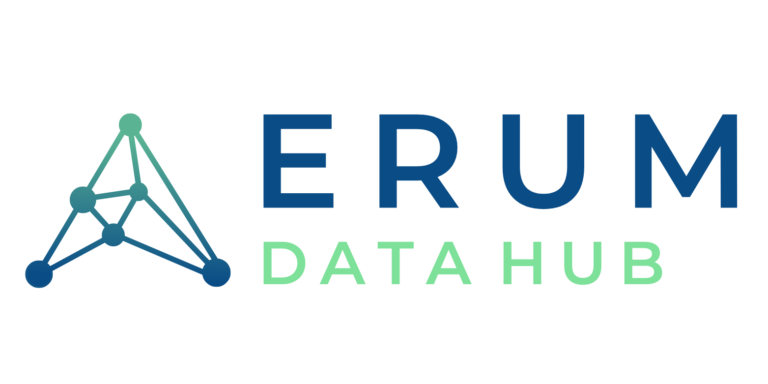23rd International Workshop on Advanced Computing and Analysis Techniques in Physics Research
The 23rd International Workshop on Advanced Computing and Analysis Techniques in Physics Research (ACAT 2025) will take place between Monday 8th and Friday, 12th September, 2025 at the University of Hamburg downtown campus. ACAT 2025 will be jointly organised by DESY and the University of Hamburg.
The 23rd edition of ACAT will — once again — bring together computational experts from a wide range of disciplines, including particle-, nuclear-, astro-, and accelerator-physics as well as high performance computing. Through this unique forum, we will explore the areas where these disciplines overlap with computer science, fostering the exchange of ideas related to cutting-edge computing, data-analysis, and theoretical-calculation technologies.
Transforming the Scientific Process: AI at the Heart of Theory, Experiment, and Computation in High-Energy and Nuclear Physics
The scientific process in high-energy and nuclear physics is undergoing a profound transformation, driven by the integration of artificial intelligence across all facets of research. On the theoretical front, AI is unlocking new ways to bridge the gap between experimental data and fundamental insights. By tackling complex inverse problems and enhancing predictive models, AI tools are empowering physicists to better map experimental results to theoretical parameters and accelerate joint experimental-theoretical analysis, leading to a deeper understanding of the universe's most fundamental forces.
In experiments, AI is pushing the boundaries of precision and sensitivity. Whether it's improving data reconstruction, refining object identification and classification, or advancing final calibrations, AI is revolutionizing how experiments are conducted and analyzed. The incorporation of AI-driven uncertainty quantification ensures more reliable results, while innovative workflows streamline processes, enabling faster and more accurate discoveries.
This transformation is underpinned by advancements in computational methods, where resource-aware AI models are rising to the challenge of operating in constrained environments like ASICs and FPGAs. AI-powered autonomous systems are enabling smarter control of experimental setups, from detectors to accelerators. Digital twins and robust co-design strategies are fostering trust in AI-based decision-making, paving the way for seamless integration of computational and experimental systems.
Together, these developments tell a story of a field redefined by AI—a cohesive interplay of theory, experimentation, and computation working in harmony to transform the scientific process for a new era of discovery.
Conference Picture
Link to high resolution version.
Abstract submission
Abstract submission is closed.
Registration
Registration is now closed.
Early student fee: €280.00Early regular fee: €420.00Student fee: €380.00Regular fee: €550.00
Early bird rates are applicable for all registrations completed by 31 July 2025 incl. payment.
Please follow the following steps for registering for ACAT:
1) Fill out the registration form on Indico.
2) Follow the link to the payment setup on Converia.
3) Your registration will be marked 'Complete' by us once payment has been processed.
Remote Participation
There will be no option to remotely present talks or posters at ACAT 2025. However we will provide remote listening to all plenary and parallel talks via Zoom on a best effort basis free of charge.
See https://indico.cern.ch/event/1585309/ for more information.
More Info
You can sign up for general announcement notifications from acat-info@cern.ch by sending an email to acat-loc2025@cern.ch! This list is low traffic and will only get you ACAT conference announcements and general information (for this and future conferences in the ACAT series).
Many people are working together to bring you this conference! The organization page has some details. David Britton is the chair of the International Advisory Committee. Jennifer Ngadiuba and Chiara Signorile-Signorile are the chair and co-chair of the Scientific Program Committee, respectively. Gregor Kasieczka is the chair of the Local Organizing Committee.



